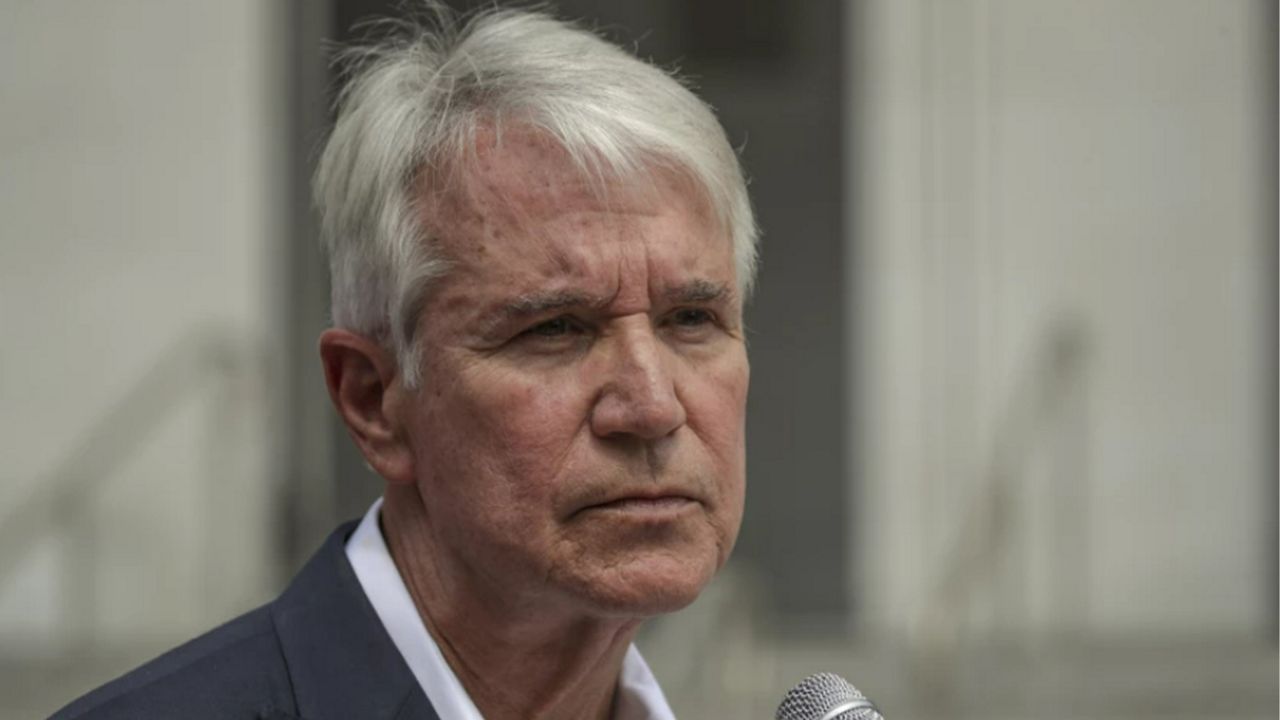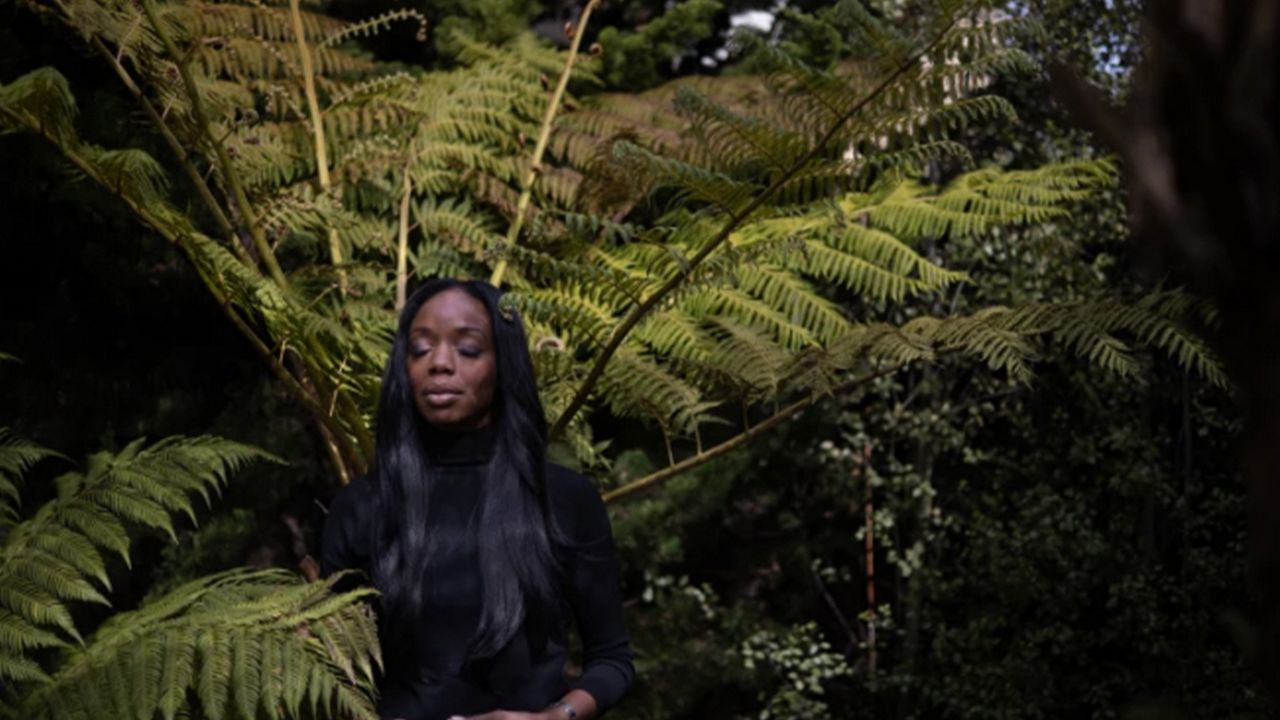Three years ago, Los Angeles Times reporters Harriet Ryan, Matt Hamilton, and Paul Pringle broke the story of USC gynecologist George Tyndall preying on hundreds of female students. The reporters won a Pulitzer Prize for their investigative work.
Last week, the university agreed to pay more than $1.1 billion to former patients of Tyndall. It's the largest payout ever in a higher education case of this nature. In an interview for L.A. Times Today, two of the reporters who broke the case, Ryan and Hamilton, joined host Lisa McRee with more on the story.
Before breaking the story, Harriet Ryan first received an anonymous phone call from a person who told her to look into George Tyndall at USC but would not say why.
"Matt, Paul, and I started researching him and who he was. And, gradually, person by person and interview by interview, we found out he had been a problem at USC for almost 30 years in their student health department," Ryan said.
The Times also reached out to people who worked at the clinic, and many were scared to lose their jobs but were also concerned about the damage Tyndall could potentially do to other women.
"By laying it out for them, we were able to create relationships of trust, and they shared with us gradually, and then fully," Ryan added.
After the story broke in May 2018, a generation of USC students — from women in their 50s to recent graduates — began coming forward with their stories.
"We were surprised; we didn't know these women were out there, and they didn't know that each other existed and that they all shared the same experience. It was very horrifying and alienating when they went to see their doctor at USC," Hamilton said.
The experiences left women traumatized and changed their lives in various ways.
"They talked about never being able to trust doctors again. They avoided going to the gynecologist for many years, feeling embarrassed about their bodies and sexual history. I spoke with someone recently who she felt like George Tyndall was in the hotel room on her wedding night," Ryan added.
After the story broke, there were also consequences for executives and others at USC.
"There were several lawsuits filed against the university. There was outrage among alumni, students, and faculty. And in that outrage, the board of trustees pushed out the long-time president, C.L. Max Nikias. President Nikias had been revered on campus; he fundraised over $7 billion for the university, and he helped remake USC and put it on a global stage. But, this scandal focused a lot of questions on the morality of the university and how the university lost its ethical compass. So, C.L. Max Nikias, along with other people around him, were either forced to resign, they were pushed out, or they left of their own accord," Hamilton said. .
At this point, Tyndall has not been found guilty of any crimes.
"He is awaiting trial on dozens of sex crimes in L.A. County Superior Court. And, because of the pandemic, all kinds of court proceedings are delayed and dragging along. When he does appear for trial, he's already plead not guilty. We have every reason to believe that he is going to say that his care was medically appropriate and that he has done nothing wrong. And we expect many of these women will be confronting him from the witness stand," Ryan added.
Click the arrow above to watch the full interview.
Watch LA Times Today at 7 and 10 p.m. Monday through Friday on Spectrum News 1 and the Spectrum News app.











